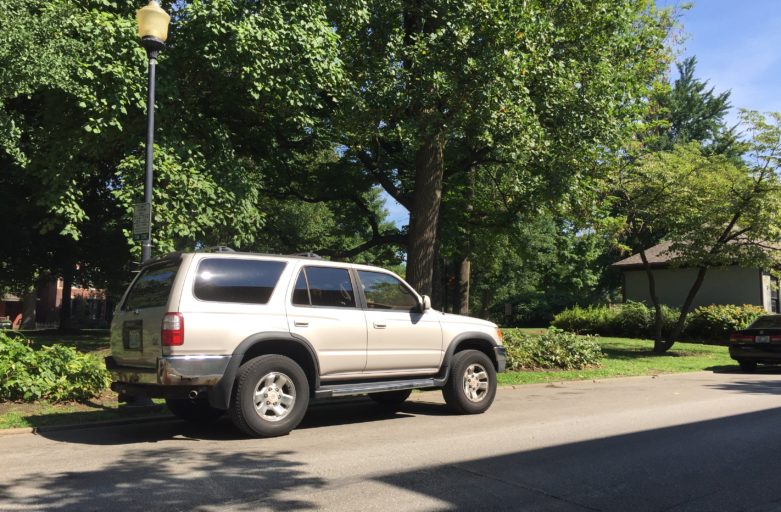“Is it worth it?”
This question comes up pretty frequently in the shop, and we understand why!
Are you saving or losing money keeping your tried and true vehicle as opposed to starting over with a new car? It’s not difficult to decide when you break down exactly what factors are going into your decision.
With a little evaluation of your finances and a little math, you can make a sound decision.
How much are you (really) spending on maintenance?
Initially, you have to figure out how much you’re spending on repairs from month to month. Even a couple-hundred-dollar repair bill every few months is significantly less than a new monthly car payment. Assuming that your insurance and fuel costs won’t change much, your old car’s maintenance probably costs less than purchasing a new car.
If you’re still making payments on your current car, you’ll also lose the money you’ve already put into both paying off the car and what you’ve put into any previous repairs. (This can be especially tricky when you purchase a used car, as it may come with some future repairs!)
Unless you feel as though you’re “always bringing it to the shop” and your maintenance costs are exorbitant, you probably won’t save money by trading your old car in for another.
How much are you spending on repairs?
Because maintenance is a cost that comes with every vehicle, the real issue is whether or not the repairs are worth it. This all-important decision comes down to a couple questions you should know the answers to before deciding.
Does the repair cost more than half the market worth of the car?
If not, you should go ahead with the repair. Even with a car that is worth $5000, a $1,500 dollar repair would be worth doing in terms of the longevity of your vehicle. (Websites like Edmunds True Market Value Calculator and Kelley Blue Book are useful in this calculation!)
In going ahead with repairs, you can benefit in 2 ways: Not only are you getting your problem fixed, you can also add to the eventual trade-in value of your car.
How much “life” can your car get from going ahead with the repair?
Now imagine your car is worth $2,200, and you’re faced with the same $1,500 repair. Think of the cost in comparison to potential costs from purchasing a new car instead.
If this $1,500 repair would keep your car road-worthy for a few more years, then compare to how much it would cost for a down payment, new insurance, and the equivalent amount of time in monthly payments for a new vehicle.
The repair usually comes out on top, especially when you have an honest and knowledgeable mechanic you can trust to tell you whether or not it’s going to be worth it. (Like the technicians and service staff we have here at Lowell’s!)
Is the repair less than a few months’ car payment on a new vehicle?
If the repair in question costs less than one month of payments, and your vehicle on the other hand is paid off, your decision is pretty well made.
If the cost is less than a few months of payments, and your car would be able to go for more than a few months without additional repairs or maintenance costs, then it makes sense to go ahead with the repairs, in this case, too.
Is it in your budget?
If it is hard to pay for a costly repair, how hard will it be to fit a car payment into your current monthly expenses?
In this post, we’ve tried to outline some of the key factors to consider when deciding to repair or replace your vehicle.
At Lowell’s, we’re biased – We usually think repairing your vehicle makes more sense than
replacing it.
But your situation is unique, and may include other considerations.
As always, feel free to talk your decision through with Lowell’s. We’ll give you our honest assessment of your vehicle while helping you make your decision.

